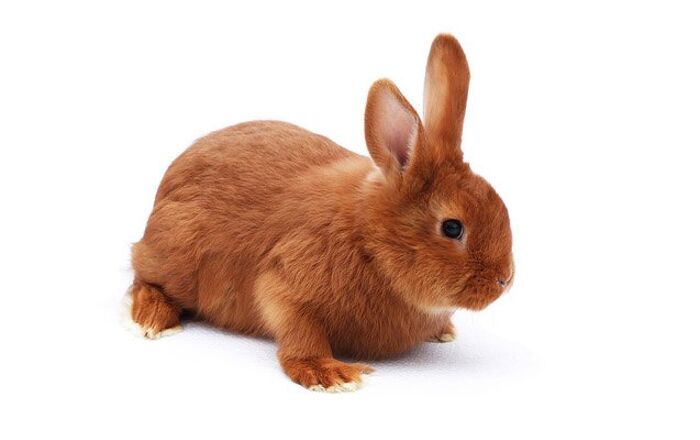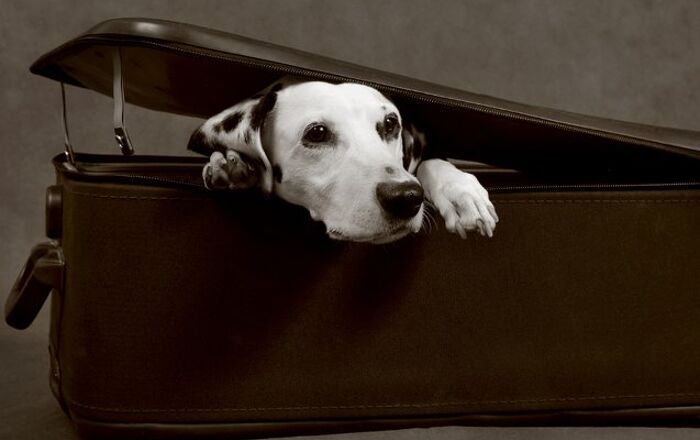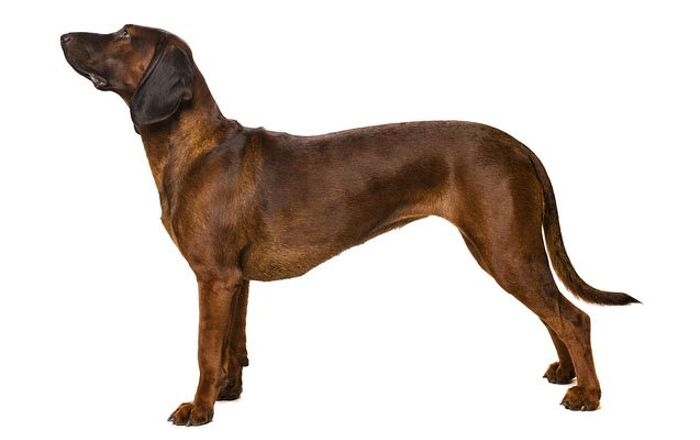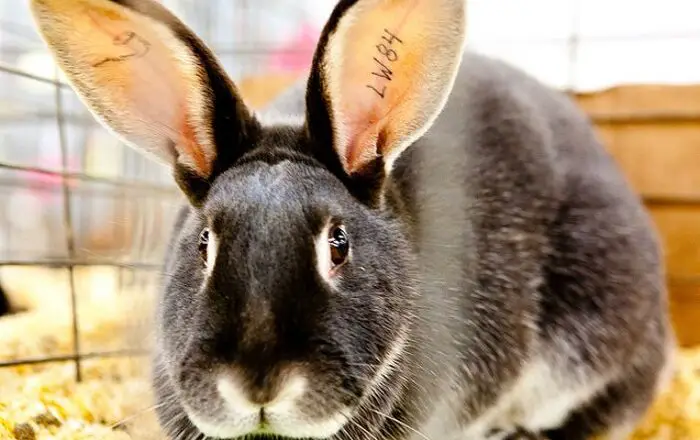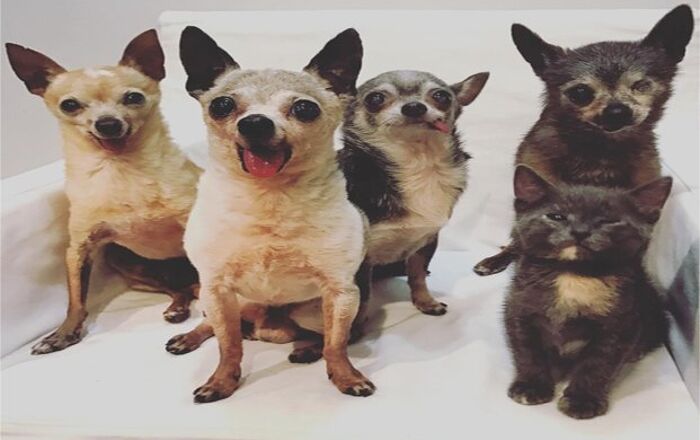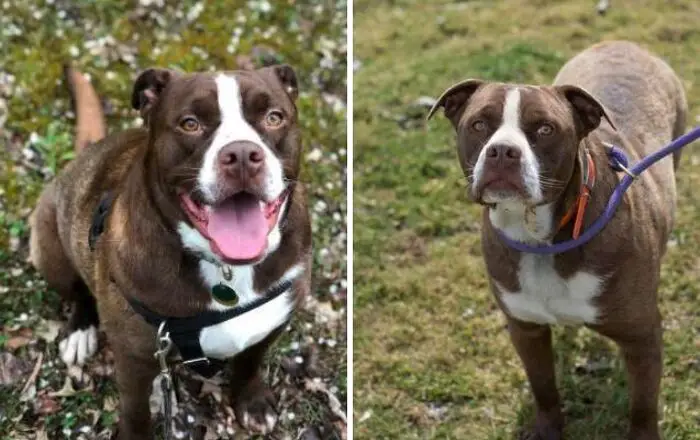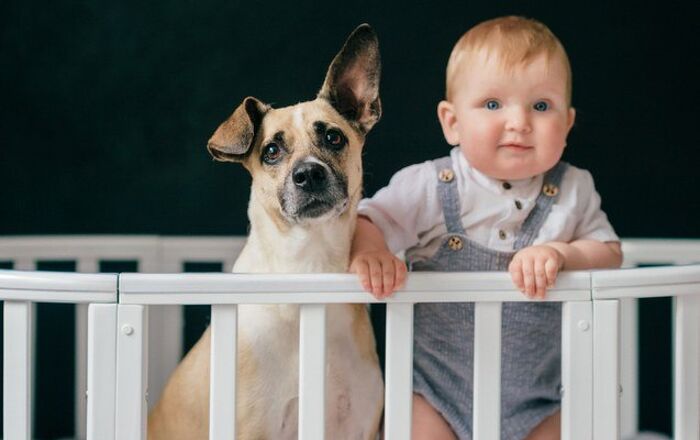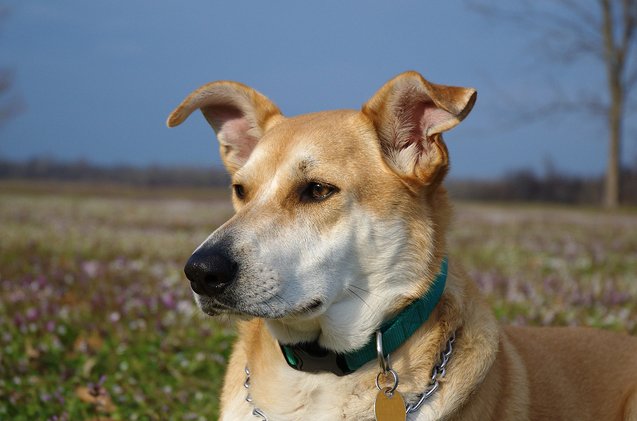
Carolina Dog Basics
If you were to see a Carolina Dog in person, you might easily mistake it for a wild dingo. And no wonder- there still are feral dogs of this breed all across the Southeastern United States. Carolina Dogs are descended from the “pariah dogs” which were brought to North America more than 9,000 years ago. These dogs are one of the few breeds that still exist which can be classified as a “primitive” breed, largely unaffected by man or selective breeding. In the parts of the country where these dogs are commonly found, the breed is also known as a yellow dog, yaller dog, American Dingo, or Dixie Dingo.
However, even though these dogs still retain much of their wild nature, they are gentle and devoted companions. With proper training and socialization the Carolina Dog can make a wonderful family pet. These rare canines are loyal to a fault, energetic, and independent and will thrive with an active, outdoorsy owner by their side. They also fare well as watchdogs, as they are usually wary of strangers and will promptly alert their owners of any intrusion.
Carolina Dogs are descended from the “pariah dogs” which were brought to North America more than 9,000 years ago.
Origin
It is only within the last 40 years that written records of the Carolina Dog have come into existence. This breed was first discovered by Dr. I. Lehr Brisbin Jr. at the University of Georgia’s Savannah River Ecology Site. Though the exact origins of the breed are up for debate, most experts agree that the Carolina Dog’s ancestors were the “pariah dogs” which originate in Asia. These dogs accompanied their Asian companions across the Bering Strait somewhere between 7,000 and 20,000 years ago where they came to inhabit the American South. Over many decades, these dogs became highly adapted to their environment and while many were domesticated, wild specimens of the breed are still in existence.
Pedigree
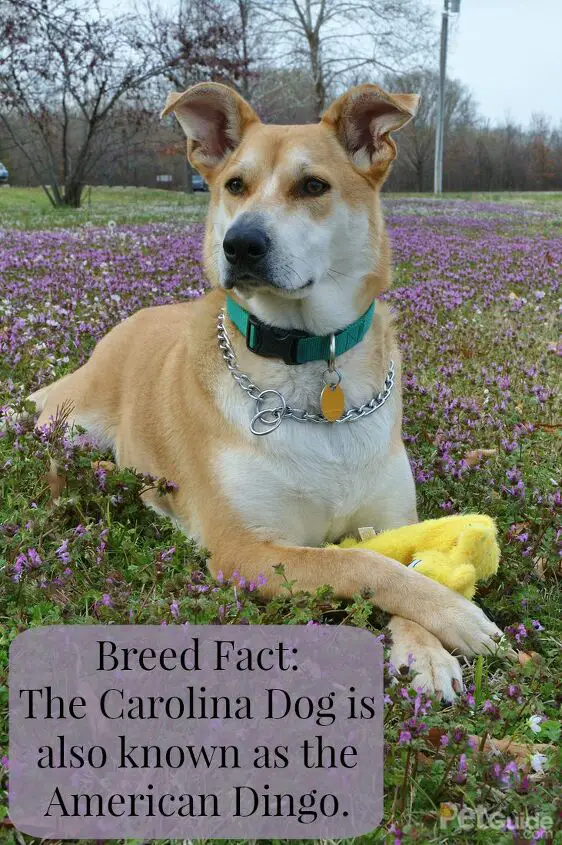
The Carolina Dog is a primitive breed, thought to be a direct descendant of the so-called “pariah dogs” which came with Asian immigrants across the Bering Strait over 9,000 years ago. These dogs were thought to be the first domesticated breed in the Americas and wild specimens still exist.
Their numbers, both in the feral communities and with those who became pets and companions, are still very modest. However, owing to their many qualities, this breed has many enthusiasts keen on elevating it to an AKC recognized status. In 2017, Carolina Dog was accepted by the AKC as a Foundation Stock Service Breed. Currently, there is a handful of breeders who are working towards setting a standard for the Carolina Dog, which would lead the breed to recognition. While there are no pedigrees for puppies of this breed currently, those with known or approved parentage will begin being listed with AKC’s registry.
Food/Diet
The “American Dingo” might seem like he needs a meal plan based on the diet of wild dogs, but that’s far from the truth. Carolina Dogs are no different than other breeds in terms of their needs, so a diet based on high-quality dry food will suit them well.
The Carolina Dog is a medium-sized breed and should be fed a dog food diet formulated for dogs of its size. It is also, however, a fairly active breed and would do well with a dog food formulated for active dogs to ensure that his energy needs are met. Additionally, the age of your pe should be taken into consideration, as well- puppies, adult dogs, and seniors all have different nutritive needs.
These dogs are highly intelligent and independent, they also have a well-developed hunting instinct.
Training
Because the Carolina Dog is a primitive breed, it still retains much of its wild nature. These dogs are highly intelligent and independent, they also have a well-developed hunting instinct. Carolina Dogs can be very around people so they need a great deal of socialization from an early age. This breed is social and loves to be part of a pack – having a firm and consistent hand in training is important. Because these dogs are intelligent, and because they are clean by nature, they are usually easy to housebreak. The prey drive of this breed won’t be a problem if you introduce them to other pets at a young age. Similarly, socialization will also help to combat their shyness.
Weight
The average height of the Carolina Dog is between 17 and 24 inches. These dogs typically weigh between 30 and 44 pounds.
Temperament/Behavior
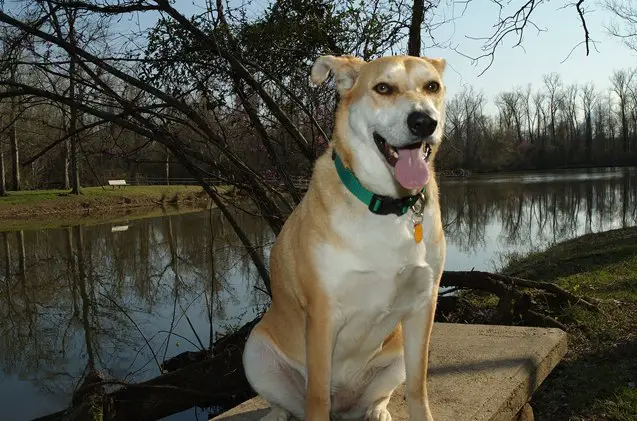
The Carolina Dog is naturally shy around humans but, once they become a member of a “pack” or family, they become fiercely devoted and loyal. These dogs are energetic and active, eager to play and they typically adjust well to family life. This breed has a well-developed hunting instinct but proper socialization and early introductions will make him compatible with other family pets. These dogs get along well with children and they thrive in an environment with a strong pack leader.
Common Health Problems
Because the Carolina Dog is a primitive breed it does not display many of the same health problems that other domesticated breeds do. These dogs are less prone to genetic conditions than many domesticated breeds and they typically have a long lifespan.
However, recent discoveries indicate that Carolina Dogs can be overly sensitive to ivermectin, a substance often found in mite treatments or heartworm drugs. Before you administer any anti-parasitic medication or treatment, make sure to consult a vet.
Life Expectancy
The average life expectancy of the Carolina Dog is between 12 and 15 years.
Exercise Requirements
The Carolina Dog is a primitive breed and, as such, it is highly active. These dogs require a great deal of daily exercise to meet their energy needs and they will also appreciate having outdoor space in which to run and play. As a result, these dogs are not suited to life in condos or apartments. Ideally, they would find their forever home in a house with a big securely fenced yard, or even better on a farm- these are independent dogs who like their “me time” for exploration and playtime.
A Carolina Dog will need circa 60 minutes of deliberate exercise each day. It’s mandatory for it to be outside, as being cooped up indoors is never a good thing for dogs, especially for such an active and independent breed. Take them on hikes, long walks, and give them free safe space to do their thing- this will keep them both happy and healthy.
The Carolina Dog is naturally shy around humans but, once they become a member of a “pack” or family, they become fiercely devoted and loyal.
AKC
The Carolina Dog is not currently recognized by the American Kennel Club, however, this breed is a part of AKC’s Foundation Stock Service program. This is a registry for rare purebred dogs that are on route to get recognition, once they fulfill all of the requirements. Having a national breed club with representative membership of about 100 active members, and a breed standard are some of those prerequisites.
The AKC says for the Carolina Dogs that they are loyal, independent and reserved with strangers. “ (They) are generally shy and suspicious in nature, but once a dog accepts a human into its pack, those behaviors disappear toward that human.”
This breed is accepted by the United Kennel Club as well as the American Rare Breed Association and the National Kennel Club.
Coat
The Carolina Dog has a short, ginger-colored coat that closely resembles the coat of the Australian Dingo and the Korean native breed, the Jindo. These dogs are incredibly clean by nature so they are unlikely to require frequent grooming.
Puppies
The average litter size for the Carolina Dog is between three and six puppies. The puppies will likely be shy around strangers at first, so early socialization is a must. These dogs are intelligent, but training can be difficult due to their independent nature, so you should start training your puppy as early as possible.
Photo credit: Dennis A Jones/Bigstock

